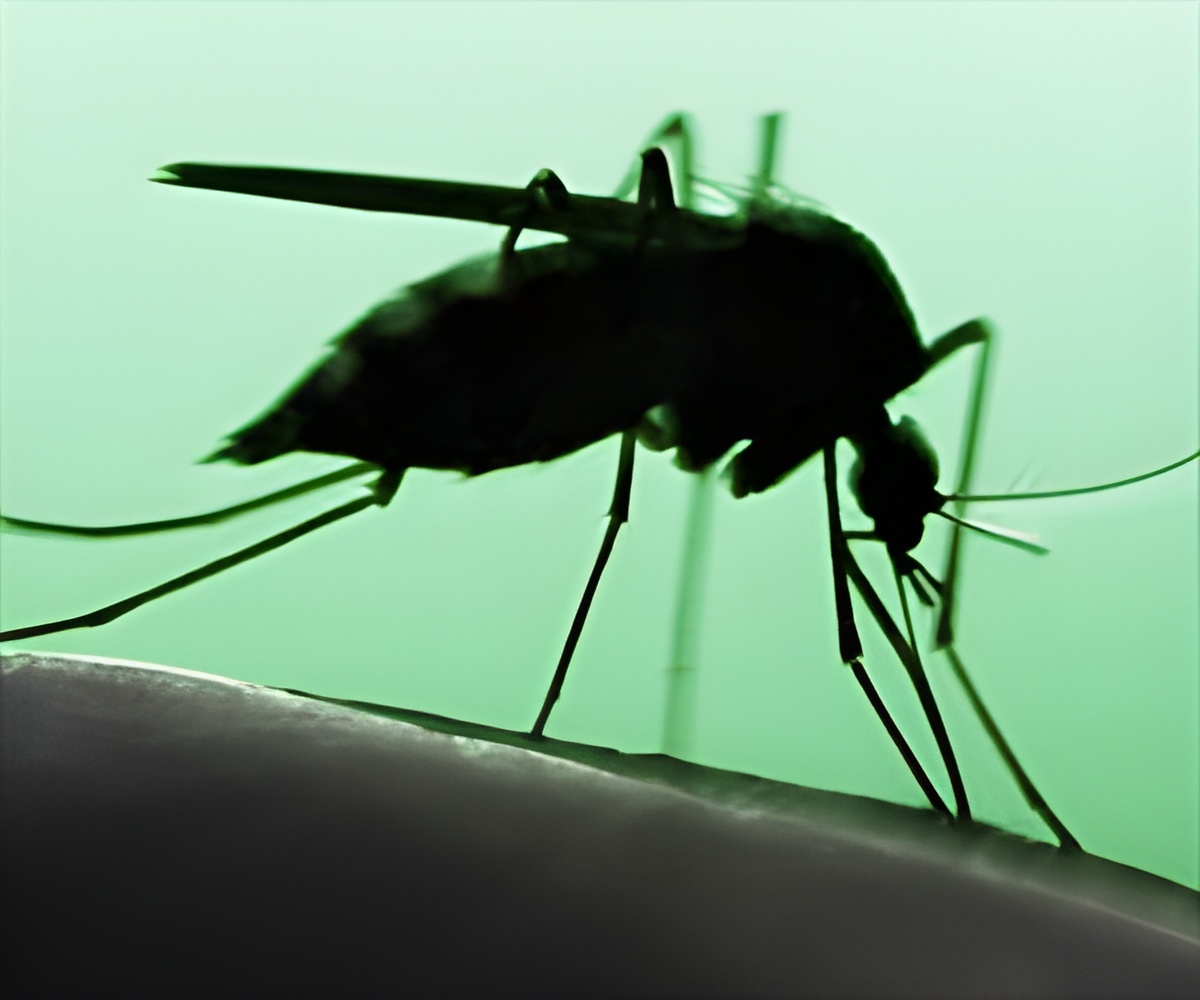
‘Camacari was in chaos; its hospitals overflowing with sick people who were desperate to know what was happening to them. These people never suspected theirs would be the first confirmed cases of Zika in Brazil.
’
Tweet it Now
The ’mysterious’ disease, people called it, while medical reports referred to it as ’undetermined eczematous syndrome’, noting the skin irritation associated with it. Vanessa Machado dos Santos, who makes a living selling coconut water in this torrid city, about 50 kilometers (30 miles) from Salvador in the northeastern state of Bahia, said, "My two children and I got sick. In my neighborhood, nearly everybody became infected. Our skin began to itch, we had fever, headaches and body aches, a lot of pain in our joints."
Sometime later, the 35-year-old was told that what she was feeling was caused by the Zika virus, but she still had her doubts.
She said, "Nobody knew much about it - that it was like dengue, that it was carried by mosquitoes, that it came from another country. We heard a lot of stories about the famous Zika. Was I scared? Of course! We didn’t know what was coming next. You are always afraid of the unknown."
Antonio Carlos Bandeira, a doctor at the Santa Helena hospital, thought the syndrome had to be identified with urgency, so he contacted Gubio Soares, a virologist he knew at the Federal University of Bahia.
Advertisement
In his laboratory at the university’s Institute of Health Sciences, Soares and his colleague Silvia Sardi focused on 20 samples from patients in Camacari.
Advertisement
He said, "I had read interesting studies on Zika. Parallel to that, I saw pictures of people infected with the virus. I discussed it with Silvia Sardi, we did the tests and they were conclusive. And that’s how we identified it for the first time in Brazil. That was on April 28, 2015. The next day, Brazilian health officials made the finding public."
At around the same time, Lucienne Ferrera was feeling sick. She had rashes on her skin, some fever and little energy to work at her poultry store in Candeias, 30 kilometers from Camacari. She said, "I had itching, fever and discomfort all day. But at night, watching the news on television, they said there was a new virus, Zika. That’s how I found out. Later when I went to the doctor, he told me he didn’t know about it. So even for them it was a mystery."
From Brazil, the virus has spread rapidly through the Americas. It is believed to have arrived in the country during the World Cup in mid-2014, with the first cases, only confirmed later, occurring in the state of Rio Grande do Norte.
Still to be determined is whether the virus, as researchers suspect, is responsible for a surge in cases of microcephaly, an untreatable condition in which babies are born with small heads and brains.
A year after the outbreak in Brazil, Zika remains a mystery, with no known vaccine, and many other countries now feeling its effect.
Source-AFP











